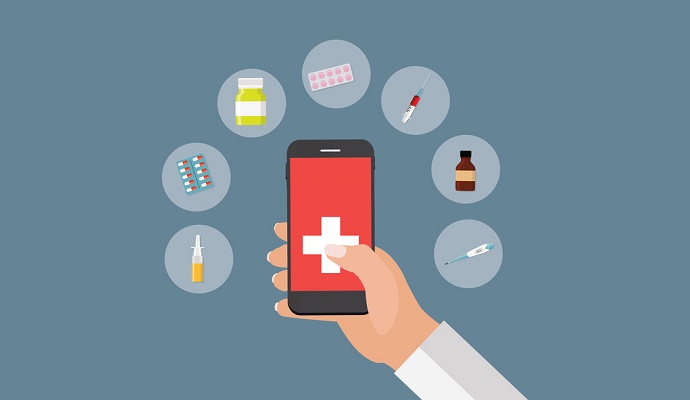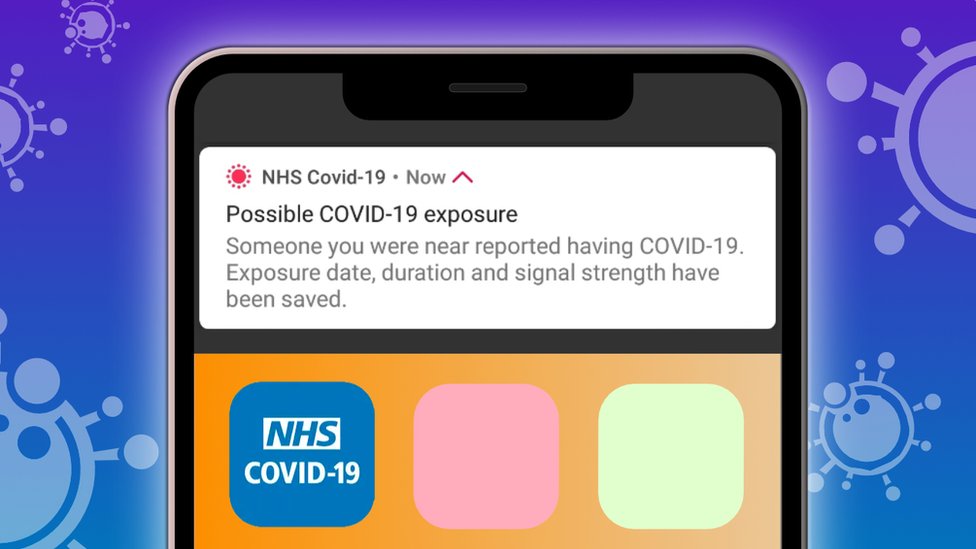
Here are some top advantages of using mobile devices for patients/providers, and the benefits of using them for healthcare:
- Better Care & Communication
- As soon as patients are discharged from the clinics/hospitals, they are given instructions, follow-up protocols, and prescriptions to take. Sometimes though, it can be overwhelming and patients leave even more confused. And with how fast-paced and unexpected these offices can be, it is sometimes hard to reach your care provider or doctor. But with cellphones, doctors and nurses can follow-up much easier. Through online messaging systems or video calls, providers and patients can talk any time and anywhere without the need of visiting the office or waiting days to talk to one/getting an appointment. These devices allow for better, much faster communication whilst decreasing confusion and patient readmission – making the process much smoother for the patient and the doctors.
- Accurate Patient Data Management
- With hospital policies and rules set, healthcare providers only have a certain amount of information they can access. However, cellphones and devices are changing this system. Phones, computers, and other devices can start supporting hospital systems that keep logs and track of patients. Patients can even log in their own information that providers can see, thus keeping track of the data of these patients. This makes patient care much more accurate and can dramatically improve patient care through collaborative efforts.
- Provider Convenience
- Whether an intern, a resident, or a doctor, sometimes you have to lug around textbooks or folders filled with tons of paperwork. Portable devices such as cellphones are incredibly beneficial in storing and accessing information much easier. Instead of running around to find papers or carrying books everywhere, students and providers can access information through one small mini-computer. These devices give providers and doctors a huge sigh of relief and convenience. This can also make it quicker to access information of patients when one is busy handling many tasks.
- Patient Convenience
- As stated above, it is much easier for patients to access their information right on their phones or even make appointments without a phone call. Take the COVID-19 testing log. Patients can now access their test results right on their phones much quickly. Rather than waiting for a call from their provider, patients can just access their test results from their testing site’s system. And some clinics that allow for online prescription collaborations (e.g. Capsule) can have patients set reminders for refills on medication. This makes it more convenient when we are all busy thinking about other priorities.
No doubt that cellphones and other technologies have changed our routines. But it is significantly changing the path of healthcare for the better. Whether it is for doctors to communicate smoother with their patients, or to keep patient logs/documents organized and easily accessed, mobile phone technologies are making these different areas more accurate, and more refined, for an improved healthcare process.


